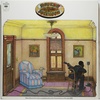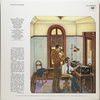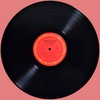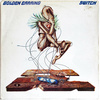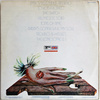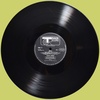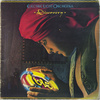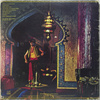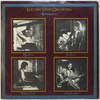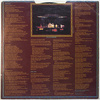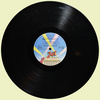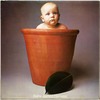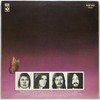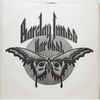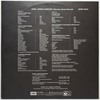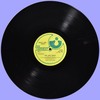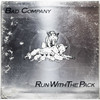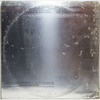Label: Columbia Records (USA), PC 30034
Style: Blues, Delta Blues
Country: U.S. (May 8, 1911 - August 16, 1938, aged 27)
Time: 41:59
Format: Flac Tracks 16/44,1 kHz
Size: 207 Mb
Who Was Robert Johnson?
Robert Johnson is considered to be
one of the greatest blues performers of all time. His hits include "I
Believe I'll Dust My Broom" and "Sweet Home Chicago," which has become a
blues standard. Part of his mythology is a story of how he gained his
musical talents by making a bargain with the devil. He died at age 27 as
the suspected victim of a deliberate poisoning.
Early Life and Career Highlights...
Musician
Robert Johnson was born on May 8, 1911, in Hazlehurst, Mississippi. A
singer and guitarist, Johnson is considered to be one of the greatest
blues performers of all time. But this recognition came to him largely
after his death.
During his brief career, Johnson traveled around,
playing wherever he could. The acclaim for Johnson's work is based on
the 29 songs that he wrote and recorded in Dallas and San Antonio from
1936 to 1937. These include "I Believe I'll Dust My Broom" and "Sweet
Home Chicago," which has become a blues standard. His songs have been
recorded by Muddy Waters, Elmore James, the Rolling Stones and Eric
Clapton.
Mass Appeal...
Johnson came to the attention
of many musicians and won over new fans with a reissue of his work in
the 1960s. Another retrospective collection of his recordings released
in the 1990s sold millions of copies.
But much of Johnson's life
is shrouded in mystery. Part of the lasting mythology around him is a
story of how he gained his musical talents by making a bargain with the
devil: Son House, a famed blues musician and a contemporary of Johnson,
claimed after Johnson achieved fame that the musician had previously
been a decent harmonica player, but a terrible guitarist—that is, until
Johnson disappeared for a few weeks in Clarksdale, Mississippi. Legend
has it that Johnson took his guitar to the crossroads of Highways 49 and
61, where he made a deal with the devil, who retuned his guitar in
exchange for his soul.
Strangely enough, Johnson returned with an
impressive technique and, eventually, gained renown as a master of the
blues. While his reported "deal with the devil" may be unlikely, it is
true that Johnson died at an early age.
Death and Legacy...
Only
27, Johnson died on August 16, 1938, as the suspected victim of a
deliberate poisoning. Several movies and documentaries have tried to
shed light on this enigmatic blues legend, including Can't You Hear the
Wind Howl? (1997) and Hellhounds on my Trail (2000).
(www.biography.com/musician/robert-johnson; Updated: Oct 8, 2020 Original: Apr 2, 2014)

